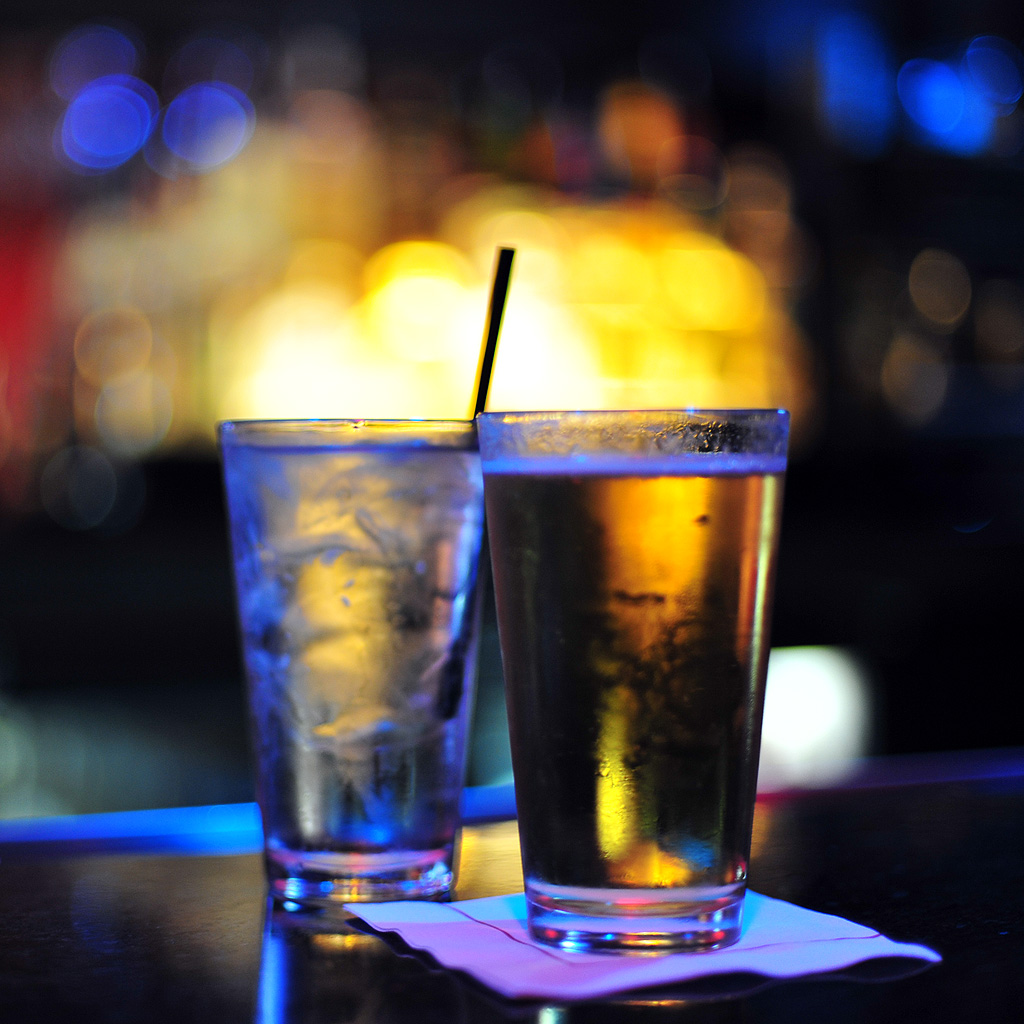
Determining Your Daily Water Intake
Figuring out the exact amount of water you should consume daily can be challenging. Each individual has unique hydration needs, influenced by factors such as health condition, activity level, and geographic location. While there isn’t a one-size-fits-all answer, several guidelines can assist you in determining an appropriate water intake.
The Importance of Staying Hydrated
Water is crucial for maintaining your health, making up about 60% of your body weight. Every bodily system relies on it to function properly. Insufficient water intake leads to dehydration, a state where the body lacks adequate fluids to maintain normal functions. Even mild dehydration can drain your energy and lead to fatigue.
Recognizing Dehydration Symptoms
- Intense thirst
- Lethargy
- Headaches
- A dry mouth
- Minimal urination
- Muscle weakness
- Dizziness or lightheadedness
Your body loses water daily through processes like sweating, breathing, urination, and bowel movements. To ensure efficient bodily functions, it’s essential to replenish these lost fluids by consuming beverages and foods rich in water content.
Methods for Estimating Fluid Needs
- The Replacement Approach:The average adult typically excretes about 1.5 liters of urine per day while losing an additional liter through other activities like sweating and breathing. Since food provides roughly 20% of fluid intake, consuming approximately 2 liters (or over eight cups) of beverages daily alongside a regular diet helps compensate for fluid loss.
- The “8×8 Rule”: This popular guideline suggests drinking eight 8-ounce glasses (around 1.9 liters) of water each day; however,it applies not only to plainwater but also includes all consumed liquids.Likewise,this method lacks scientific backing,yet it remains widely used as ageneral reference for staying hydrated.
- Nutritional Recommendations: According totheInstituteofMedicine ,menare advisedtoconsumeapproximately13cups(aboutthree litres )ofbeveragesdaily ,whilewomenareencouragedtointakearound9cups(roughly2 .2litres )perday.Theseguidelinesstemfromnationalfoodsurveysanalyzingaveragefluidconsumptionamongindividuals .
< br/>Ultimately,youcanchooseanyoneofthesemethodstoassesshowmuchwateryouneedtostayproperlyhydrated.Ifyouconsumeenoughwatertoquenchyourthirstandproduceclearorslightlyyellowurinewhilefeelinggenerallywell,yourcurrentfluidintakeislikelyadequate .Factors Influencing Your Hydration Needs
Multiple factors may necessitate adjusting your overall fluid consumption from the recommended amounts based on elements such as physical activity level climate conditions current health status pregnancy breastfeeding etc
Health Conditions Certain illnesses or symptoms like fever vomiting diarrhea cause additional fluid loss In response increasing oral rehydration solutions Gatorade Powerade CeraLyte becomes vital Intravenous hydration might be necessary when oral replacement isn’t feasible Similarly people with urinary tract stones often benefit from increased hydration However if certain medical conditions hinder normal excretion processes heart failure kidney liver adrenal thyroid diseases reducing liquid consumption might become essential
Environmental Factors In hot humid weather drinking more fluids helps regulate body temperature compensating sweat losses
Physical Activity If exercise makes you sweat extra liquid replenishment becomes crucial Consume two cups before long endurance events marathons half marathons For shorter workouts one two cups suffice During exercise drink regularly continue hydrating post activity




